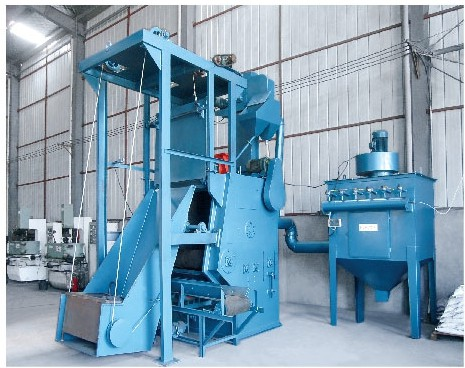In the world of small business finance, one of the most critical decisions entrepreneurs face is choosing between cash and accrual accounting methods. This choice can significantly impact financial reporting, tax obligations, and overall business strategy. Understanding the nuances of each method is essential for small business owners who aim to optimize their financial management and ensure sustainable growth. In this article, we will delve into the advantages and disadvantages of both cash and accrual accounting, helping you determine which method is better suited for your small business.
Understanding Cash and Accrual Accounting
Before diving into the pros and cons, it’s crucial to define what cash and accrual accounting entail:
- Cash Accounting: This method records revenues and expenses only when cash is exchanged. In other words, income is recognized when it is received, and expenses are recognized when they are paid. This approach is straightforward and provides a clear picture of cash flow, making it particularly appealing for small businesses with simple transactions.
- Accrual Accounting: In contrast, accrual accounting recognizes revenues and expenses when they are earned or incurred, regardless of when cash is exchanged. This method provides a more comprehensive view of a business’s financial health, as it accounts for all obligations and receivables, offering a clearer picture of profitability over time.
Advantages of Cash Accounting
- Simplicity: Cash accounting is often easier to understand and implement, making it an attractive option for small business owners without extensive accounting knowledge. The straightforward nature of this method allows for quick financial assessments.
- Improved Cash Flow Management: Since cash accounting only recognizes transactions when cash changes hands, it can help small business owners maintain a closer eye on their cash flow. This is particularly beneficial for businesses that operate on a tight budget or have fluctuating income.
- Tax Benefits: Cash accounting may provide tax advantages, as businesses can defer income recognition until cash is received. This can lead to lower taxable income in a given year, allowing for better cash management.
Disadvantages of Cash Accounting
- Limited Financial Insight: While cash accounting offers a clear view of cash flow, it can obscure the overall financial health of a business. For instance, a business may appear profitable in cash terms while having significant outstanding receivables or payables.
- Incompatibility with GAAP: Generally Accepted Accounting Principles (GAAP) require larger businesses and certain industries to use accrual accounting. This can limit the scalability of a small business that starts with cash accounting.
Advantages of Accrual Accounting
- Comprehensive Financial Picture: Accrual accounting provides a more accurate representation of a business’s financial position by recognizing all earned revenues and incurred expenses. This method allows for better forecasting and strategic planning.
- Enhanced Decision-Making: With a clearer view of financial obligations and receivables, business owners can make more informed decisions regarding investments, budgeting, and resource allocation.
- Compliance with GAAP: For small businesses that anticipate growth or seek external financing, using accrual accounting can facilitate compliance with GAAP, making it easier to attract investors or secure loans.
Disadvantages of Accrual Accounting
- Complexity: Accrual accounting can be more complicated to implement and maintain, requiring a deeper understanding of accounting principles. This complexity may necessitate hiring a professional accountant, increasing operational costs.
- Cash Flow Challenges: Since accrual accounting recognizes income before cash is received, it can lead to cash flow issues. A business may appear profitable on paper while struggling to meet its immediate cash obligations.
Making the Right Choice for Your Small Business
When deciding between cash and accrual accounting, small business owners should consider several factors:
- Business Size and Complexity: Smaller businesses with straightforward transactions may benefit from the simplicity of cash accounting. However, as a business grows and transactions become more complex, accrual accounting may provide the necessary insights for effective management.
- Industry Standards: Certain industries may have specific accounting requirements. Understanding these standards can guide your choice and ensure compliance.
- Future Growth Plans: If you plan to scale your business or seek external financing, adopting accrual accounting early on can facilitate smoother transitions and compliance with investor expectations.
- Cash Flow Management Needs: If maintaining a tight grip on cash flow is paramount, cash accounting may be the better option. However, if you require a comprehensive view of your financial health, accrual accounting may be more beneficial.
Conclusion
Ultimately, the decision between cash and accrual accounting hinges on your business’s unique needs, goals, and operational complexity. While cash accounting offers simplicity and immediate cash flow insights, accrual accounting provides a more holistic view of financial health and compliance with accounting standards. By carefully evaluating your business’s circumstances and future aspirations, you can make an informed choice that supports your financial management strategy and paves the way for sustainable growth.







+ There are no comments
Add yours